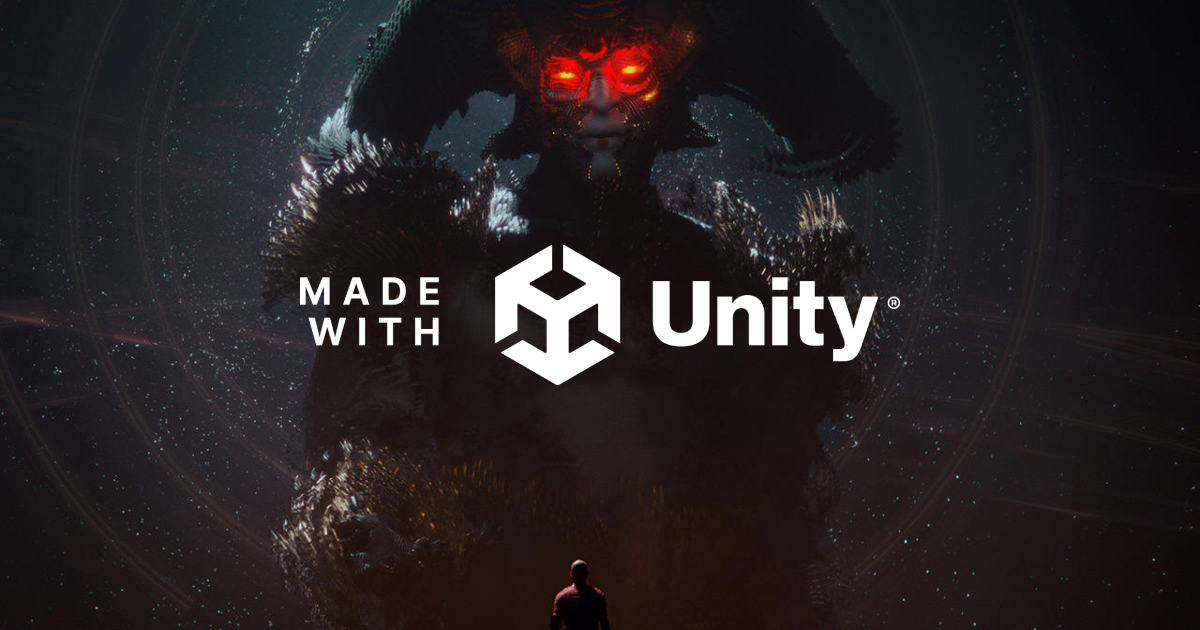Unity is now in the process of overhauling its controversial Runtime Fee, which caused a revolt in the game development community. Here are the first details about the possible changes.

On September 18, Unity Software held an all-hands meeting to discuss the rollout of per-install fees. The recording was reviewed by Bloomberg, which said the company is ready to backtrack on major aspects of its new pricing policy.
The changes are yet to be approved, but here are the first details:
- Unity plans to limit fees to 4% for games making over $1 million;
- Instead of lifetime installs, the company intends to only count installs generated after January 1, 2024 (so the thresholds announced last week won’t be retroactive);
- Unity won’t reportedly track installs using its proprietary tools, instead relying on self-reported data from developers.
During the meeting on Monday, Unity CEO John Riccitiello noted that the new policy is “designed to generate more revenue from the company’s biggest customers and that more than 90% of Unity users won’t be affected.” When asked by several employees how the company would regain the trust of developers, execs said they will have to “show, not tell.”
Unity issued a public apology on Sunday, saying it will share an update later this week. So more details about the changes in its Runtime Fee model are expected to come directly from the company.
David Helgason, founder of Unity and its former CEO (he is currently on the board), also commented on the controversy around the pricing changes. In a Facebook post (spotted by GamesBeat), he said “we f*cked up on many levels,” adding that the announcement of the new business model “missed a bunch of important “corner” cases, and in central ways ended up as the opposite of what it was supposed to be.”
“Now to try again, and try harder,” Helgason wrote. “I am provisionally optimistic about the progress. So sorry about this mess.”
Unity’s controversial decision made many developers start considering switching to other engines. Big mobile developers and publishers also decided to turn off Unity Ads and ironSource monetization in their games until the Runtime Fee is canceled. At the moment of writing, 424 companies have already signed an open letter.
